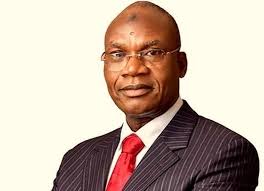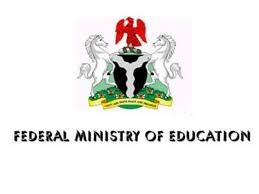Nigeria’s commitment to education is under scrutiny as recent budget allocations fall short of international recommendations and fail to address the country’s growing crisis of out-of-school children. The 2024 federal budget earmarks just N3,566 (approximately $4.50 USD) per child for education, highlighting a severe underfunding of this critical sector.

The Ministry of Education received N1.59 trillion in the 2024 budget, representing 5.52% of the total national budget. While this marks a slight increase from previous years, it remains far below the 15-20% recommended by international education experts. This shortfall is particularly concerning given Nigeria’s position as the country with the highest number of out-of-school children globally.
UNICEF reports that the number of out-of-school children in Nigeria has risen to a staggering 20 million, up from 10.5 million a decade ago. This increase suggests that current educational initiatives are failing to address the root causes of this crisis. The problem disproportionately affects girls, who make up 60% of out-of-school children in the country.
Compounding the education crisis is the issue of child labor. The National Bureau of Statistics reports that 24.67 million Nigerian children were engaged in hazardous work as of 2022, representing nearly 40% of the country’s child population. This figure may have increased to 43% in 2023, further compromising educational opportunities for millions of young Nigerians.
The underfunding of education has far-reaching implications for Nigeria’s future. Without adequate investment in human capital, the country risks falling behind in global competitiveness and economic development. Education is a key driver of social mobility and economic growth, and neglecting this sector could perpetuate cycles of poverty and inequality.
Experts argue that increasing education funding is not just a moral imperative but an economic necessity. Investing in education can lead to a more skilled workforce, increased productivity, and innovation – all crucial factors for Nigeria’s long-term development.
However, simply increasing the budget may not be enough. Effective allocation and utilization of funds are equally important. There’s a need for targeted interventions to address regional disparities in education access and quality, particularly in rural and conflict-affected areas.
Furthermore, addressing the out-of-school children crisis requires a multifaceted approach. This includes not only improving school infrastructure and teacher training but also tackling socio-economic factors that keep children out of school, such as poverty and cultural barriers.
The private sector and international organizations can play a crucial role in supplementing government efforts. Public-private partnerships and innovative funding models could help bridge the resource gap and bring new ideas to the education sector.
As Nigeria strives to position itself as a leading economy in Africa, the current state of education funding poses a significant challenge. The allocation of just N3,566 per child is a stark reminder of the gap between aspirations and reality.
The coming years will be critical for Nigeria’s education sector. Policymakers face the daunting task of not only increasing funding but also ensuring that resources are used effectively to provide quality education for all Nigerian children. The future of an entire generation, and indeed, the nation’s prospects for sustainable development, hang in the balance.




